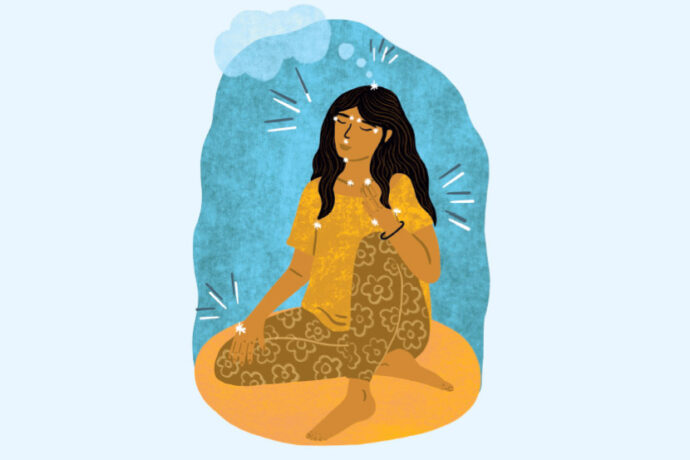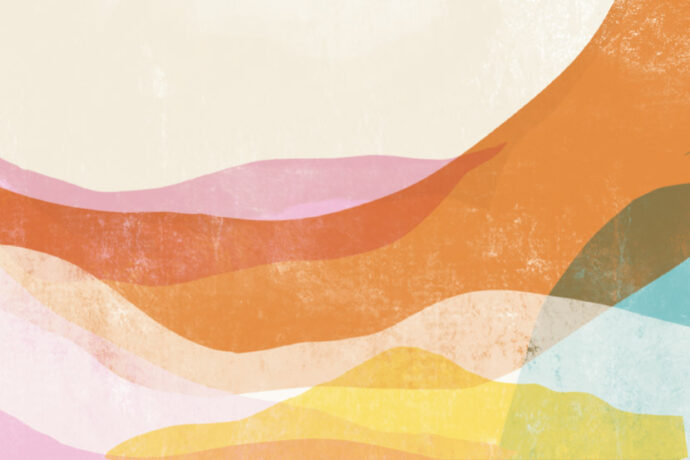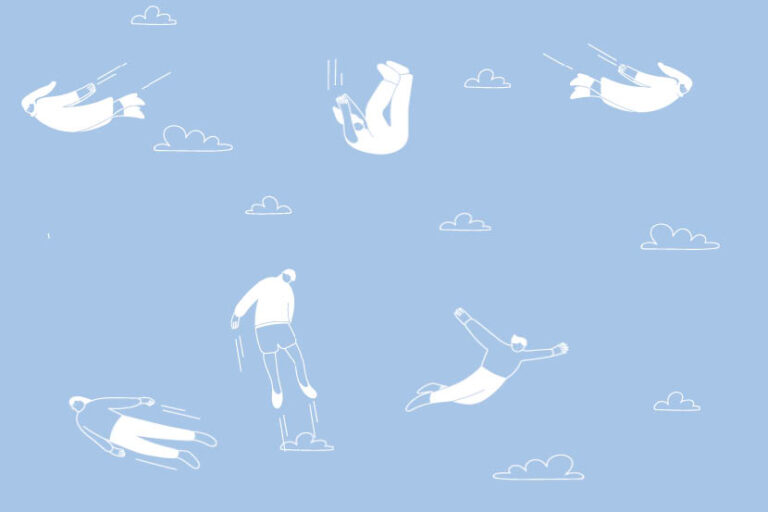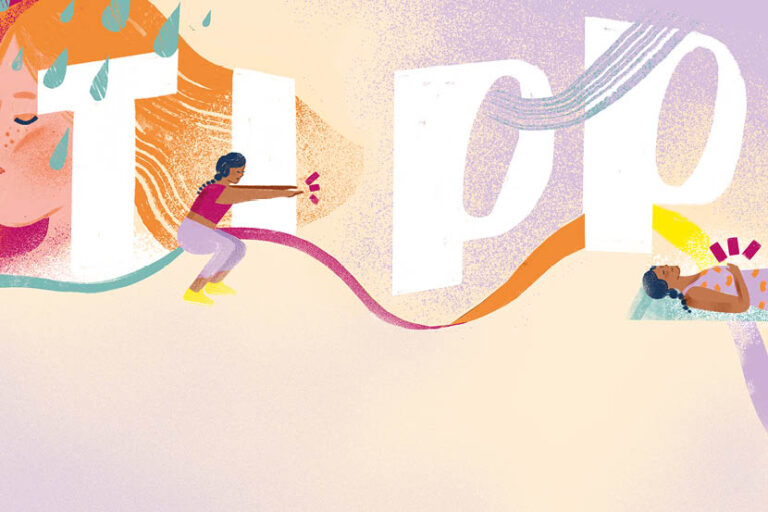
What would happen if you were to deviate from your perceived image and try something that’s “not you”?
The human brain loves a shortcut. It categorises information in order to make predictions and assumptions and, in turn, save time and energy in our neural circuitry. For example, if you see a dog, your brain might “shortcut” to: “has four legs and barks”, without having to relearn this anew. This is the reason that branding works – why your favourite café will serve you a cappuccino in the same way every time and how advertisers create consumer trust in products.
But branding doesn’t stop at coffee or any other commercial product. These days, encouraged by the shop window of social media, humans are brands, too. Whether we share posts for work or fun, we’re told that consistency is key – in a world of decreasing attention spans, it’s important to stick to our brand if we want to build followers and receive “likes”. This means that whatever we put into the public sphere, we’re expected to be coherent. Whether we do politics, art, or kittens in teacups, it’s not advisable to deviate from the pattern that’s come before.
Going off-brand flummoxes people at the best of times, even more so when viewing the never-ending feeds of social media platforms. If you’ve ever crafted a heartfelt post that was all but ignored or, in the real world, come out with a passionate statement that passed like tumbleweed, it’s probably because the message didn’t match the mould that’s recognised as yours. But the truth is that humans don’t fit into neat boxes. We’re messy and complex. We’re logical one day and irrational the next. We’re a bundle of idiosyncrasies, and if we weren’t, we’d be no more than a perfect, empty package.
Yet the fear of deviating from others’ expectations can run deep. It’s usually established in childhood and, as adults, we can shackle ourselves to our perceived image so as not to upset the apple cart of categories that we’ve been placed in, whether that’s in real or digital life. Staying on-brand keeps us trapped, because if we always stick to the established narrative of “me”, we’ll never evolve.
Making mistakes and learning from them helps us become well rounded, so unsettling others by deviating from our norm isn’t such a bad thing. It might not be social-media friendly, but escaping human branding can help us be happy and free. So here’s to going off-brand and being unpredictable, inconsistent, and wild. For it’s when we break out of the box that we discover who we really are.
You have escaped the cage. Your wings are stretched out. Now fly. – RUMI
HOW TO ESCAPE YOUR NORM
Have you ever thought: “I can’t do that, it’s just not me”? Have you ever felt trapped by your self-made narrative?
• Try one small, beautiful thing that’s divergent from the person you or others assume you to be.
• Don’t tell anyone who knows the old you. Keep it to yourself, at least at first.
• Practise inconsistency where it’s safe to do so, relish so-called mistakes, embrace the learning you find.
• If you go off-brand in the digital world, well, that might be bad for business, but perhaps it’s better for the soul


















